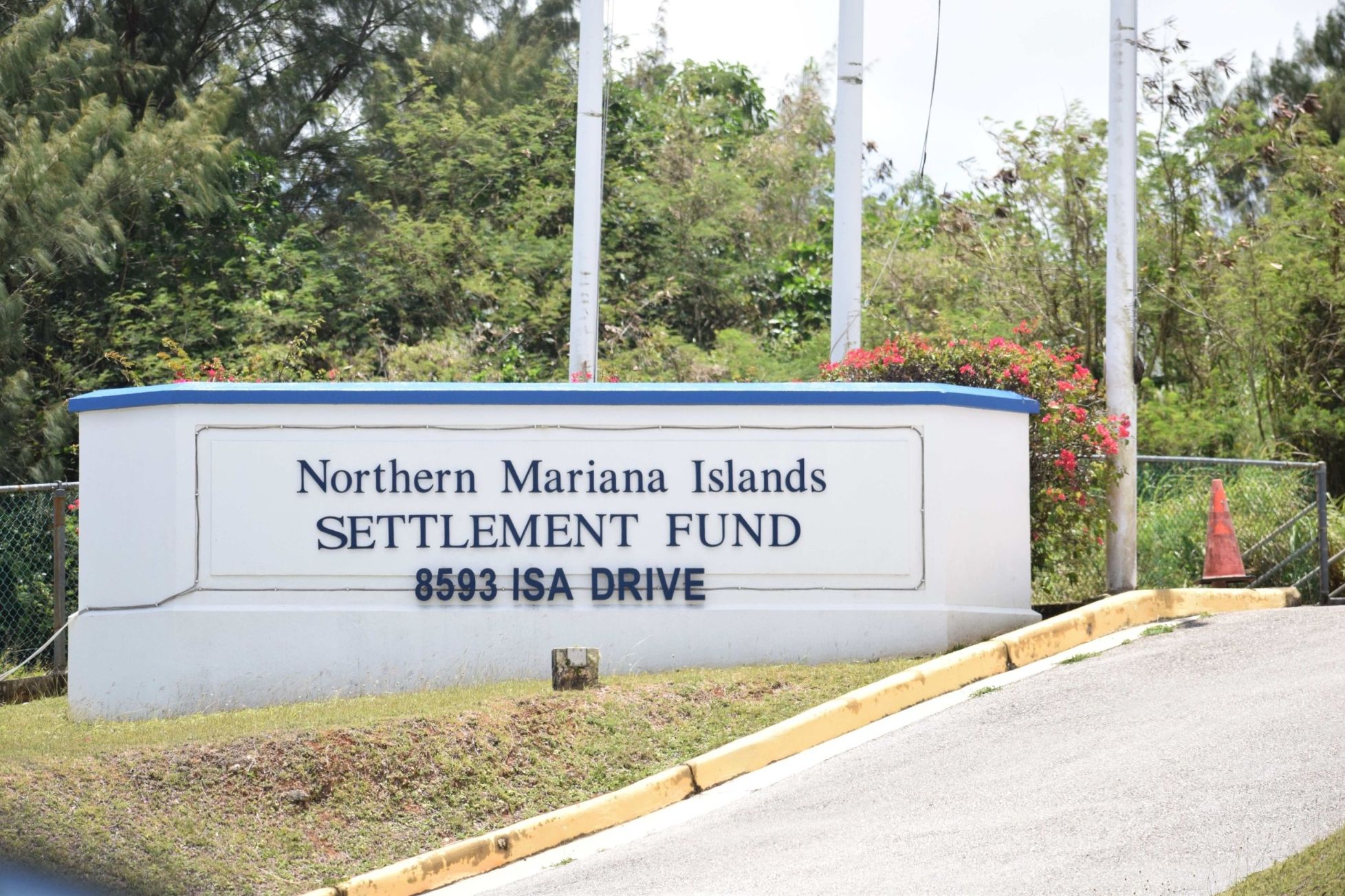
Alfred Ada
BOE Chairwoman Janice Tenorio urged the three other board members to “revisit” the discussion on the injunction.
Last week, she and Atalig voted against it while Phillip Mendiola-Long, Andrew Orsini, and MaryLou Ada voted in favor.
Atalig on Wednesday said the board should not force the COE to file the injunction. “He does not believe that it would be in the best interest of PSS.”
The commissioner suffered a heart attack a day after the board voted 3-2 in favor of the “immediate” filing of the injunction.
Atalig said the person who is supposed to file it does not want to sign the document.
PSS legal counsel Tiberius Mocanu said the only way PSS can file a lawsuit as an entity is through the education commissioner. “If [he] does not want to sign off, then nothing can be filed,” Mocanu added.
Mendiola-Long said the COE works for the board. “If the board makes a decision directing the COE and if he refuses to carry out that directive…then the BOE is in a position as an employer to decide what it should do.”
He added, “I thought the board acts in a democracy where each of us has a vote. The majority makes the decision on behalf of the board. If we’re saying now that the minority can make the decision, and the [PSS] administration can refuse to file the injunction, I don’t even know why I’m here. Either there is respect for the authority of this Board of Education or there’s none. And if there’s no respect, then the board through the majority has to have the authority to correct the situation…. I’m deeply distraught and embarrassed that the board and the PSS administration have come to this point to where the administration, through its…COE, thinks they can just disregard the decision of the board and that there will be no repercussions,” Mendiola-Long said.
Atalig said the board should give the COE an opportunity to explain why he does not believe that filing an injunction is in the best interest of PSS.
Atalig said he is also concerned about the timeline of the proposed lawsuit.
Mocanu said it could be a couple of weeks or a year. “The court should expeditiously issue a preliminary injunction…but there is no timetable for how long the decision would take,” he added.
He said an injunction is an extreme measure that forces a party to do something. “It’s an equitable remedy. So you have to show irreparable harm, and you have to show that you have a likelihood of success in the case you’re bringing.”
Tenorio reiterated her opposition to filing an injunction. “I believe that we can still go back to the table with the central government.”
She noted that the majority of PSS officials want to work with the central government. “They [central government] want to meet with us. They are waiting for us.”
Orsini said it is their fiduciary duty, as board members, to help and protect PSS.
He said he wants to have “leverage” before PSS and BOE to negotiate with the central government.
MaryLou Ada said the board has already voted to file an injunction. “I think you should respect the board’s decision,” she said.
In 2014, she added, the CNMI people “overwhelmingly voted to amend the Constitution to give PSS a guaranteed budget of 25% of the government’s revenues.”
She said since then, PSS has “patiently waited for so long to be given [its] 25% [share of the revenues.]” The injunction, she added, will “protect” PSS in the long term.
She said the BOE tried to negotiate with the central government, “but nothing has been resolved.”
“The board is exercising its fiduciary duty to protect the students so that they can get high quality education. Think of the long-term goals and consequences,” she added.
But Atalig said the issue is not what the government owes PSS. “The issue here is that our government is suffering and bleeding and don’t have the money for us to actually execute and implement all that you have said. I agree with you 100% but in the absence of funding, we cannot [have] premium education.”











